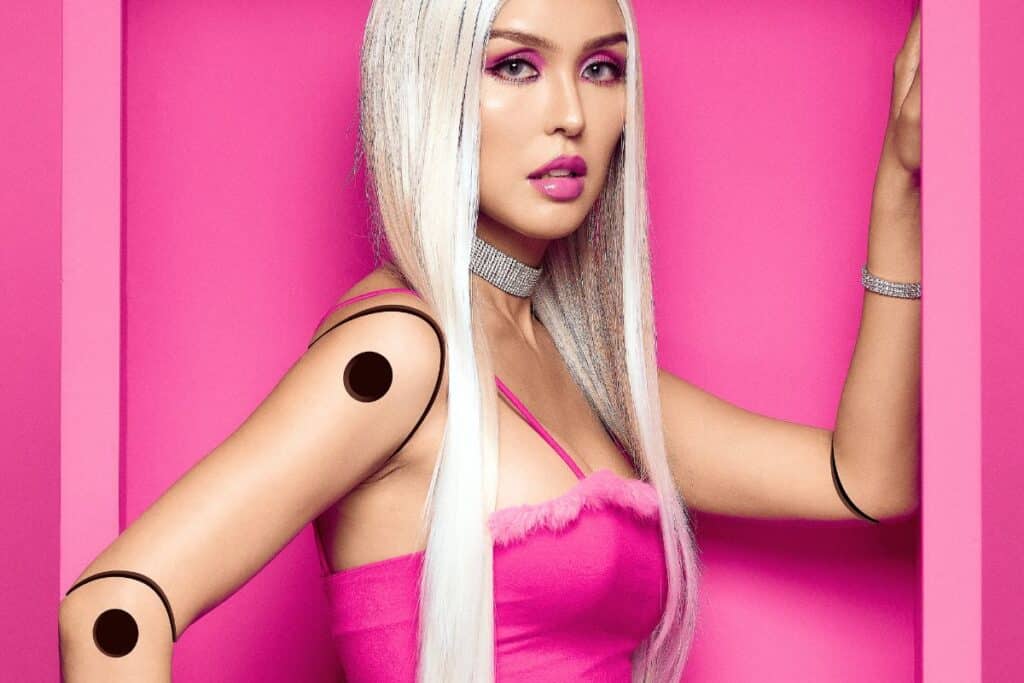Forget wind-up dolls and board games — the toy chest of the future may talk back, ask questions, and even help with homework. A bold new partnership is giving childhood playtime a serious tech upgrade.
When Barbie meets AI
In a move that might make even tech-savvy parents do a double take, toy giant Mattel is teaming up with one of the world’s leading artificial intelligence firms to bring AI-enhanced play into our homes. From the brand behind household names like Barbie, Polly Pocket, and UNO, this collaboration marks a pivotal shift in how we think about toys — not just as sources of fun, but as interactive, responsive companions.
The idea is to harness cutting-edge AI technology to create new kinds of play experiences. Think beyond robotic pets or talking dolls — we’re talking about toys that can engage in genuine conversation, fuel creativity, and perhaps even support learning. Mattel’s global head of consumer products, Josh Silverman, summed it up with a statement that’s equal parts ambitious and intriguing: this is about imagining “new ways to play.”
Not under your tree just yet
Before visions of a ChatGPT-powered Barbie start dancing in your head, a quick reality check: you won’t be wrapping one for Christmas 2025. The rollout of these next-gen toys is still in the early stages, with no confirmed release date or product list just yet.
What we do know is that these AI toys won’t be made for the under-13 crowd. That age restriction is telling. It suggests features that require more nuanced understanding — perhaps toys that dive into storytelling, problem-solving, or even emotional conversation. In short, toys that get you. Well, if you’re old enough.
Behind the scenes: AI shaping the toy design process
Even if the dolls aren’t chattering just yet, AI is already hard at work inside Mattel — just not in the way you might expect. The company’s teams now have access to ChatGPT Enterprise, a robust version of the tool designed for business use. It’s helping designers brainstorm product ideas, refine prototypes, and improve how they connect with young audiences.
And this isn’t Mattel’s first foray into data-driven innovation. They’ve previously tapped into Google’s BigQuery AI platform to scan customer feedback and fix product flaws in record time. The result? Faster improvements, happier kids, and a whole lot less frustration when a toy doesn’t work quite right.
A new kind of playtime
The bigger picture? This partnership signals a revolution in the toy industry. If successful, it could radically redefine how children engage with their toys. Forget passive play — the future is all about dialogue, interaction, and shared discovery.
Will this shift be embraced or resisted by parents? Time will tell. But one thing’s for sure: the playground just got a serious tech upgrade. And Barbie? She might just be brushing up on her coding skills.
- Top ChatGPT prompts to supercharge your tech job hunt - 30 June 2025
- ChatGPT-powered Barbie: how toys are entering a new era of AI - 29 June 2025
- AI could surpass human intelligence by 2027 — should we be worried? - 28 June 2025





